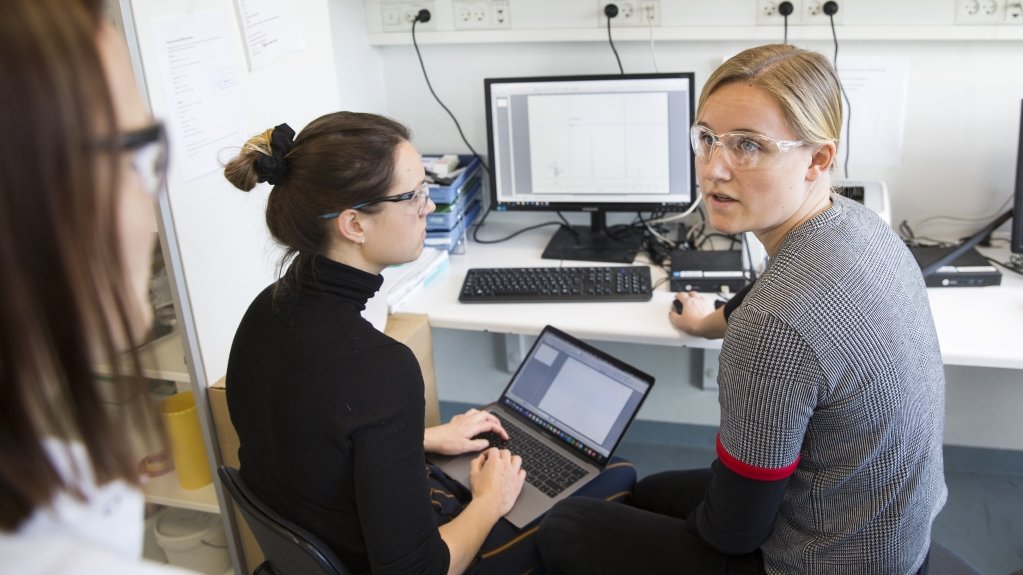A new digital solution for research data will be available to AU researchers in late 2022
This autumn, AU researchers will be given access to ERDA/SIF , a new digital solution that makes it easier to store and share research data safely, efficiently and responsibly – including sensitive personal data.

Additional information 21 April, 2023: The schedule has been changed since this news article was published. The schedule will be updated.
A new solution for storing research data will soon be available for AU researchers; according to plan, the new solution will be available in November 2022. The solution is called ERDA/SIF and has been developed specifically for storing research data of all kinds.
Brian Vinter, vice-dean for research at the Faculty of Technical Sciences, heads the ERFA/SIF project, which is overseen by the Research Committee. According to Vinter, the solution will make an important contribution to helping researchers handle their data properly.
“Many researchers have expressed a need for a solution that makes it easier to comply with the legal requirements regarding secure storage of data, not least personal data, in research. ERDA/SIF is an important step in this regard, and it will hopefully make this task easier for researchers from the entire spectrum of disciplines,” Vinter said. He added that the University of Copenhagen has implemented the system at their natural sciences faculty and is now in the process of implementing it university-wide.
Secure, easy data-sharing
The new system is also intended to make it easier for researchers to share research data with external partners securely and legally, in addition to making it possible to make research data more broadly accessible in connection with research publications.
“Researchers will be getting a technical solution that will contribute to Open Science practices and which provides support for partners – regardless of whether they’re from AU or elsewhere – to work with the same data set at the same time. In this way ERDA will help simplify the processes involved in research collaboration,” Vinter said.
Local processes
Although all researchers will be encouraged to use ERDA/SIF in future, Brian Vinter stressed that the solution will be rolled out as an option, with respect for the fact that there’s considerable variation in the research data in different disciplines. In preparation for the ERDA/SIF roll-out, each faculty will design a process for implementation and determine how the solution will be coordinated with existing data storage solutions.
Over the coming months, an ERFA/SIF portal with guidance for users will be developed, and courses and workshops for researchers will be offered. There will be a special emphasis on informing researchers about how to classify their data when using ERDA/SIF. Ensuring that support is available to researchers once the system has been implemented will also be a priority.
What can ERDA (Electronic Research Data Archive) and SIF (Sensitive Information Facility) be used for?
- Safe, legal storage of research data, including sensitive personal data.
- Secure, legal sharing of research data with partners outside AU.
- Making it easier for researchers to document compliance with requirements for risk assessments and impact assessments in cases in which funders, partners, government agencies and institutions or other external parties require this.
As a researcher, you will still need to...
- Classify your research data.
- Understand and comply with the data protection rules applicable to processing of personal data, for example:
- that personal data must be anonymised wherever this is technically possible and does not conflict with the objectives of the research.
- that research projects must be reported to AU’s register.
that other solutions that are approved by the relevant faculty and department/school must still be used in connection with research data collection.